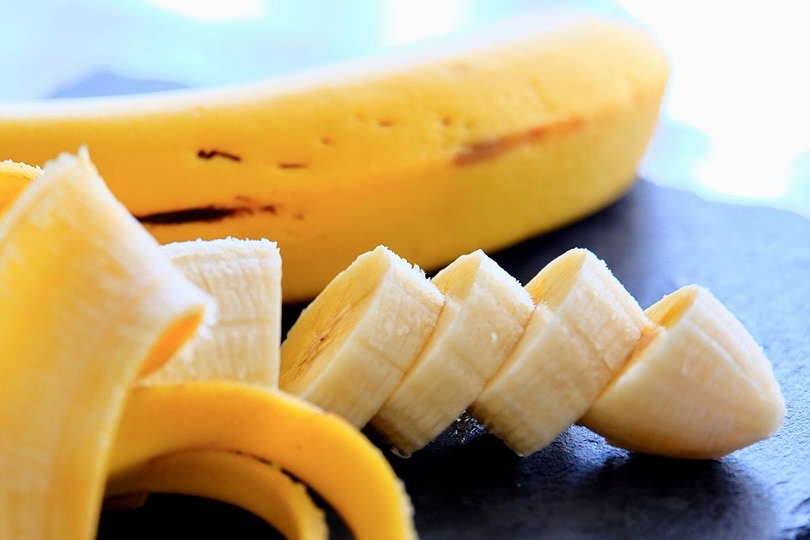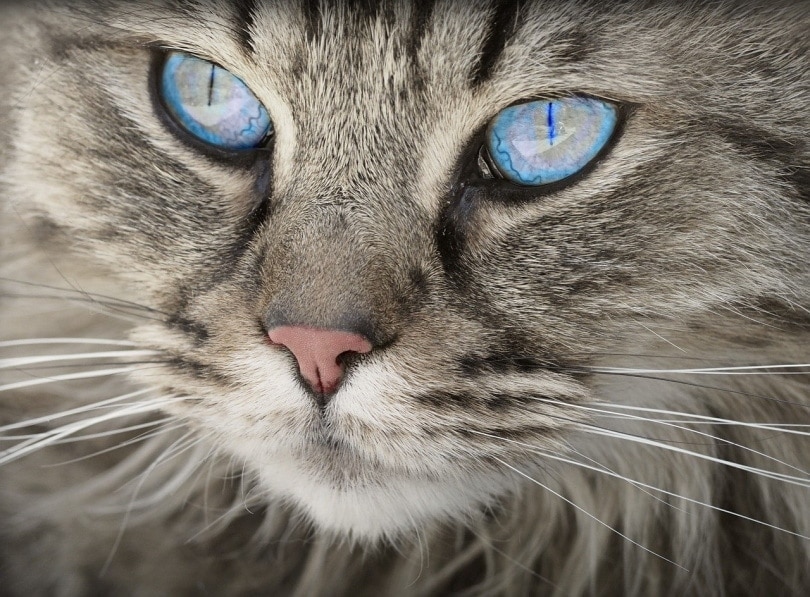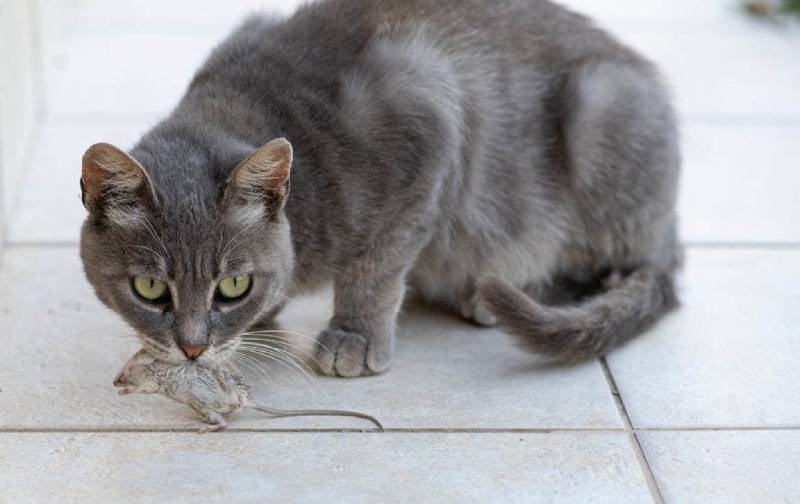Can Cats Eat Melon? Vet Reviewed Health & Safety Guide
By Hallie Roddy
Updated on

Who doesn’t love a juicy, sweet slice of melon on a hot summer day? Melon is a refreshing fruit that even animals want a taste of occasionally! There are several types of melons, including watermelon, cantaloupe, or muskmelon, all of which are very similar to one another. They are low in calories while having high amounts of water, fiber, and nutrients.
While they are wonderful foods for humans, can your cat reap the rewards as well? In general, melon is safe for cats to eat. That said, like all other human foods, melon is best given in moderation.
Is Melon Safe for Felines?
All different types of melon are safe for cats to eat in moderation, including watermelon, cantaloupe, and honeydew. Whenever you’re feeding your cat any new food, however, you should preferably check in with your veterinarian first to determine if it’s safe for your cat.
It’s also wise to introduce them very slowly, with tiny pieces of melon at first, to make sure it doesn’t trigger any sort of allergic reaction. If they can’t tolerate it, they might have an upset stomach, vomiting, or diarrhea for a short period.

Is Melon Beneficial for Cats?
Cats are obligate carnivores and don’t need much more than animal protein sources to thrive. However, there are some beneficial nutrients found in melons that could benefit cats in small ways, including dietary fiber, folate, potassium, and vitamins A, B, and C.
Vitamin A and C are the two most helpful nutrients in melon. These work as antioxidants that capture free radicals in the body help to promote healthy cell function and can help to prevent other diseases. Cats, unlike humans, make all the vitamin C they need themselves, and any excess from food is excreted via oxalates in the urine. Too much vitamin C can lead to bladder stones in cats.
Is Melon Dangerous for Cats?
The biggest concern with melon, as well as many other types of fruits, is that they have a lot of sugar. While natural sugars are much better for animals than processed sugar, it still isn’t something that they need to be eating regularly. Too much sugar could cause weight gain and obesity, which can lead to all sorts of other dangerous health issues.
Another thing to avoid feeding your cat is the rind of the melon. Watermelon and cantaloupe rinds could cause gastrointestinal upset and have serious effects on your cat’s digestive tract. On top of that, the tough, fibrous texture could be a choking hazard. Another potential danger with the rind is that they are often covered in pesticides or chemicals.
The seeds are also a concern, as while melon seeds are non-toxic to cats, they are still a potential choking hazard.

How to Give Your Cat Melon
When it comes to treating our cats with human food, small, bite-size pieces are the best way to go. Make sure your cat isn’t diabetic and doesn’t have any allergies or a sensitive stomach before feeding them any melon. Also, make sure that you are always supervising them while they eat the small pieces.
Even if you’ve fed your cats melon before, we still recommend monitoring them closely. That way, you’re always aware of any potential negative reactions.
Can Cats Eat All Fruit?
While some fruits are safe for cats to snack on, others need to be avoided altogether. Citrus, grapes, raisins, currants, and coconut products should never be given to your cat. All of these fruits are potentially harmful to your cat.
Here are some safe, healthy alternatives in moderation:
- Apples (not core or seeds)
- Bananas
- Blueberries
- Pears (not seeds)
- Strawberries

Conclusion
Cats can’t taste sweetness, so if they’re trying to eat your melon, the chances are that they like the soft, moist texture. There is nothing wrong with allowing your cat to have a few small bites of melon occasionally, and in fact, melons contain loads of water and can be hydrating for them on a hot day. Still, their main source of food needs to come from meat, and melon shouldn’t become a part of their regular diet.
Related Reads:
Featured Image Credit: Guajillo studio, Shutterstock













